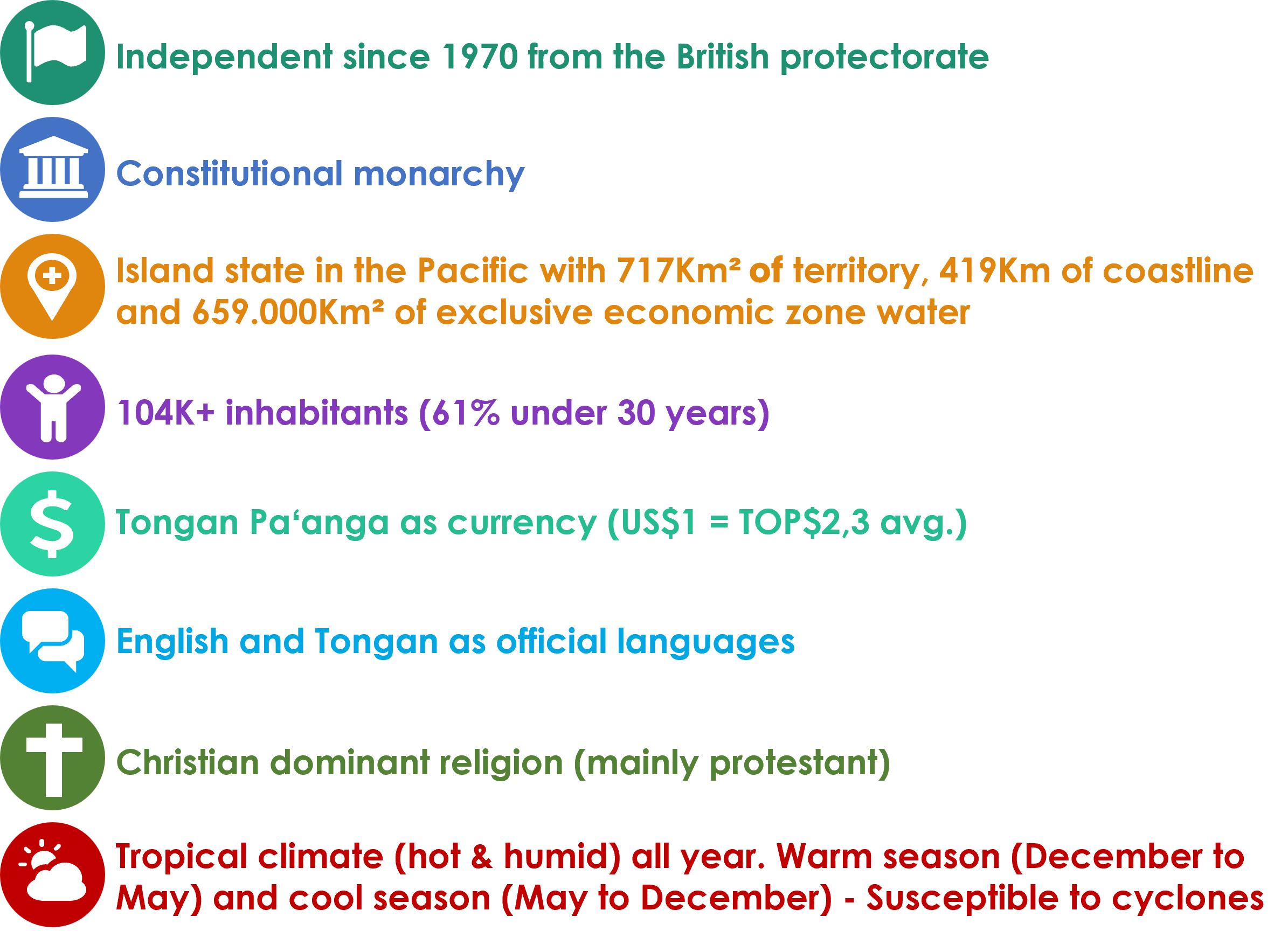Tonga at a glance
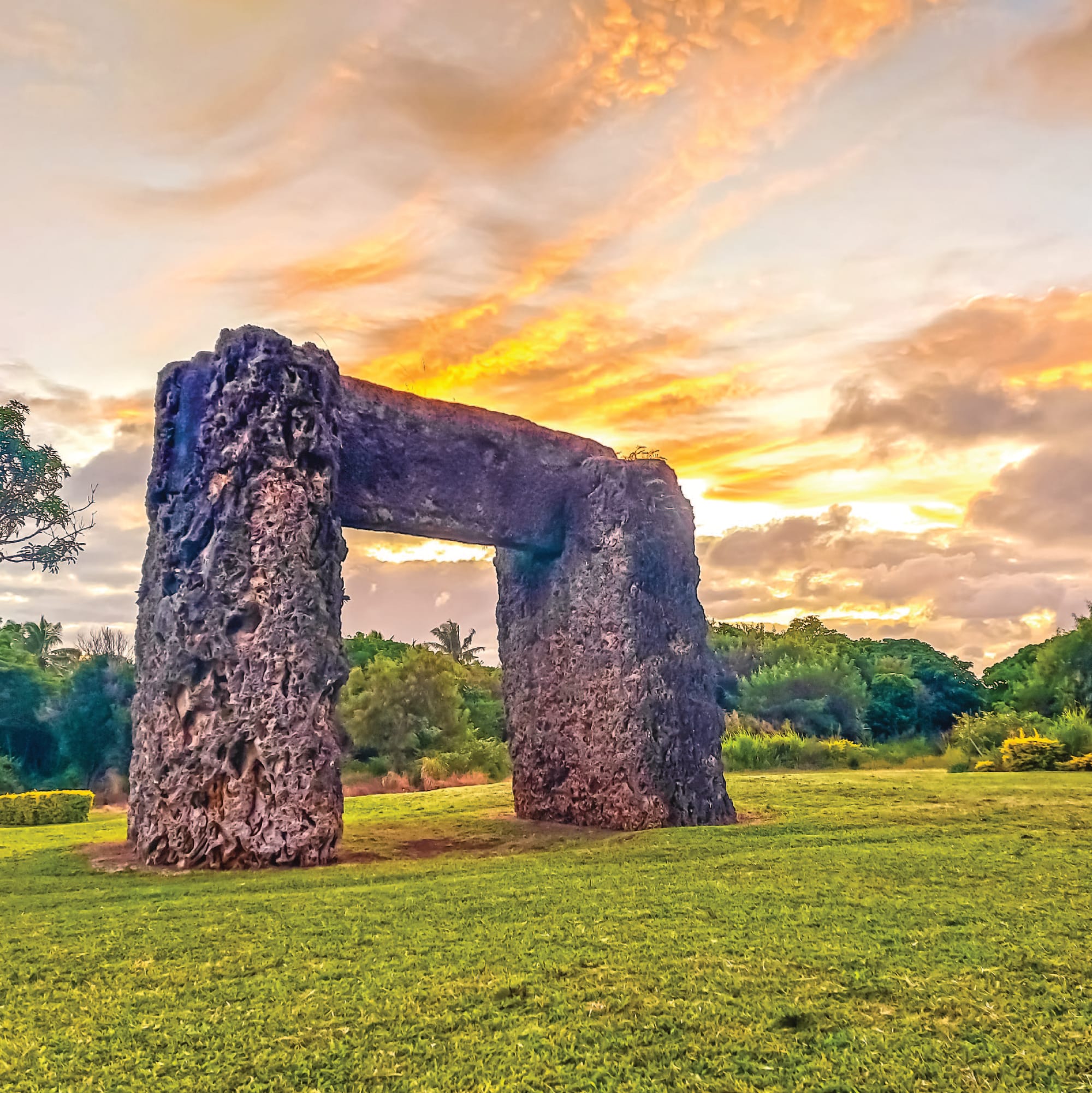
Welcome to the Kingdom of Tonga, a sovereign Pacific nation where tradition meets opportunity
Situated in the heart of the South Pacific, Tonga is renowned for its political stability, youthful and educated population, and commitment to sustainable development. The Kingdom offers a unique blend of cultural heritage and modern prospects, making it an attractive destination for investors and visitors alike.
🌍Location & Geography
The Kingdom of Tonga is a Polynesian archipelago located in the heart of the South Pacific, about 2,000 km northeast of New Zealand. It consists of 170 islands, of which 36 are inhabited, spanning roughly 800 km in a north–south direction.
The country covers a land area of 717 km², 419 km² of coastline and an Exclusive Economic Zone (EEZ) of approximately 659,000 km².
The islands are grouped into 4 main island clusters: Tongatapu, Haʻapai, Vavaʻu, and the Niuas. Its geography ranges from low-lying coral atolls to volcanic islands, with the highest elevation found on Kao Island at 1,033 m.
Tonga has a tropical climate, hot and humid year-round, with a warm season from December to May and a cooler season from May to December. The weather is moderated by trade winds but remains susceptible to seasonal cyclones.
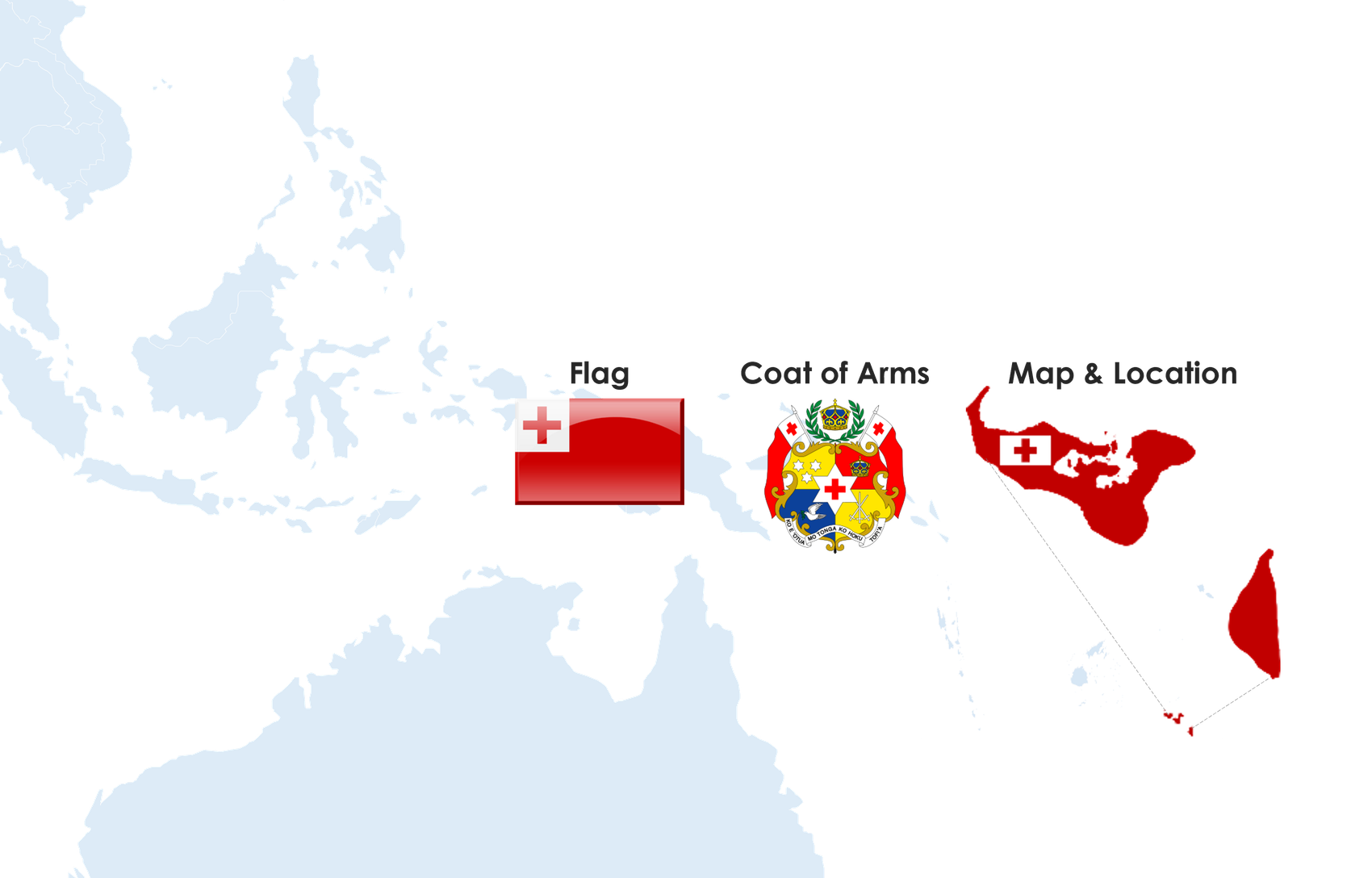
👥People and Society
Tonga’s population is just over 104,600 (2023), with more than 60% under the age of 30, making it one of the youngest populations in the Pacific. Tongan society is highly communal, with strong cultural values based on respect (faka'apa'apa), kinship, and Christian faith.
Tongan and English are official languages, and the literacy rate is above 99%. Most Tongans live on the main island, Tongatapu, and the population is predominantly Polynesian.
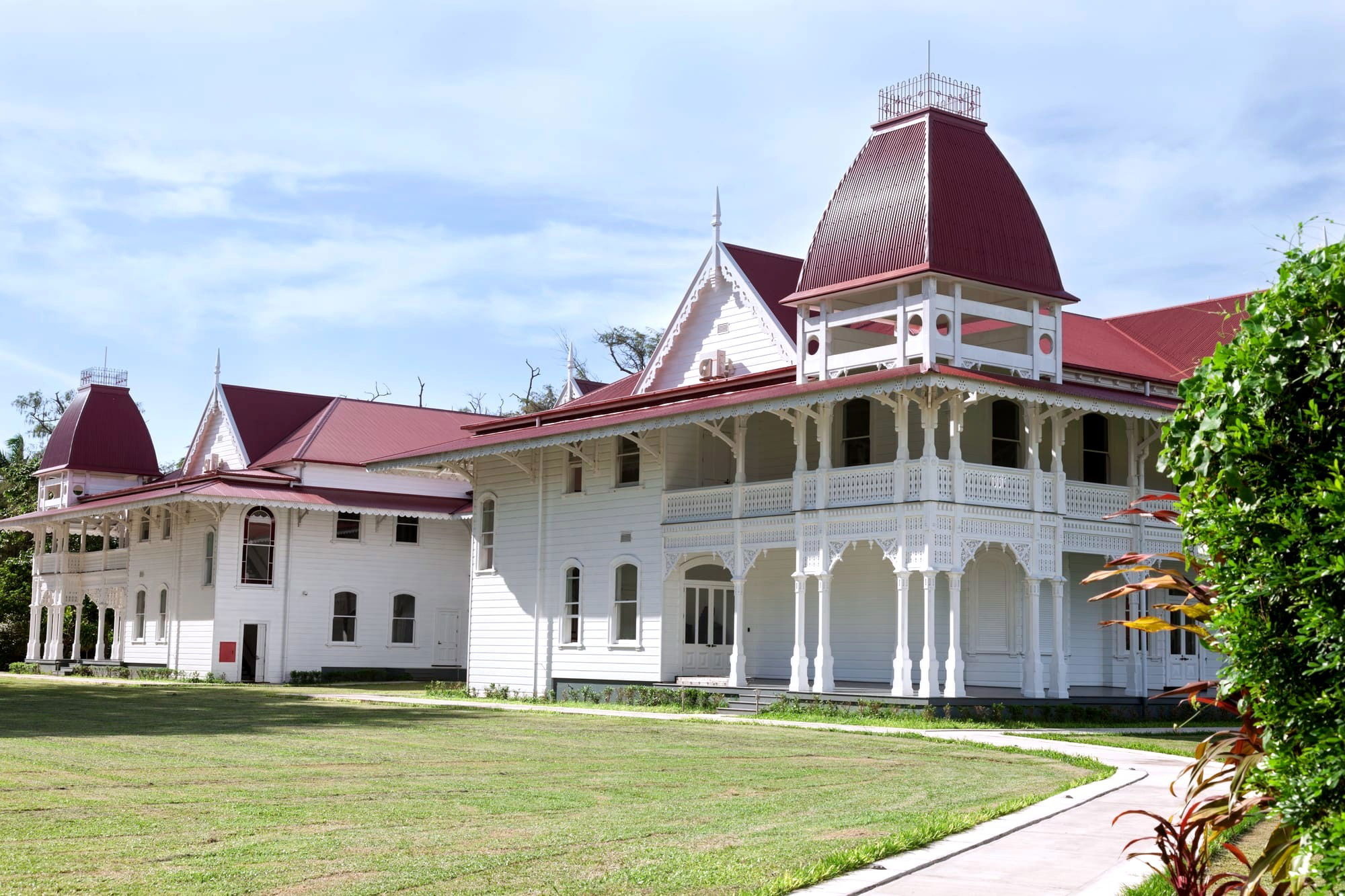
🏛️Government and international relations
Tonga is a constitutional monarchy, the only one of its kind in the Pacific. The King is the Head of State, supported by a unicameral parliament comprising 17 elected representatives and 9 nobles. Since democratic reforms in 2010, the Prime Minister is chosen from the elected MPs.
Tonga is recognized for its political stability and rule of law, ranking among the best in the Pacific in global governance indices (World Bank WGI).
Internationally, Tonga is a member of the United Nations, World Trade Organization (WTO), and Pacific Islands Forum among others, and maintains diplomatic relations with key partners including New Zealand, Australia, China, Japan, and the United States.
💼 Economy and investment climate
Tonga’s economy is driven by services, agriculture, fisheries, and overseas remittances. The service sector — including public administration, trade, tourism, and finance — accounts for the largest share of GDP (62%). Remittances from Tongans working abroad, particularly in New Zealand and Australia, play a crucial role in supporting household income and foreign exchange reserves.
The country uses the Tongan Paʻanga (TOP) as its national currency, with a stable monetary system managed by the National Reserve Bank of Tonga (exchange rate 1 USD = 2.3 TOP approx.).
Tonga enjoys preferential market access to key international markets through trade agreements such as PACER Plus, the Generalized System of Preferences (GSP), and WTO membership. These partnerships enhance its competitiveness in exports, especially in niche sectors like vanilla, root crops, and tourism services. Given its narrow resource base, Tonga relies heavily on imports for food, fuel, and manufactured goods.
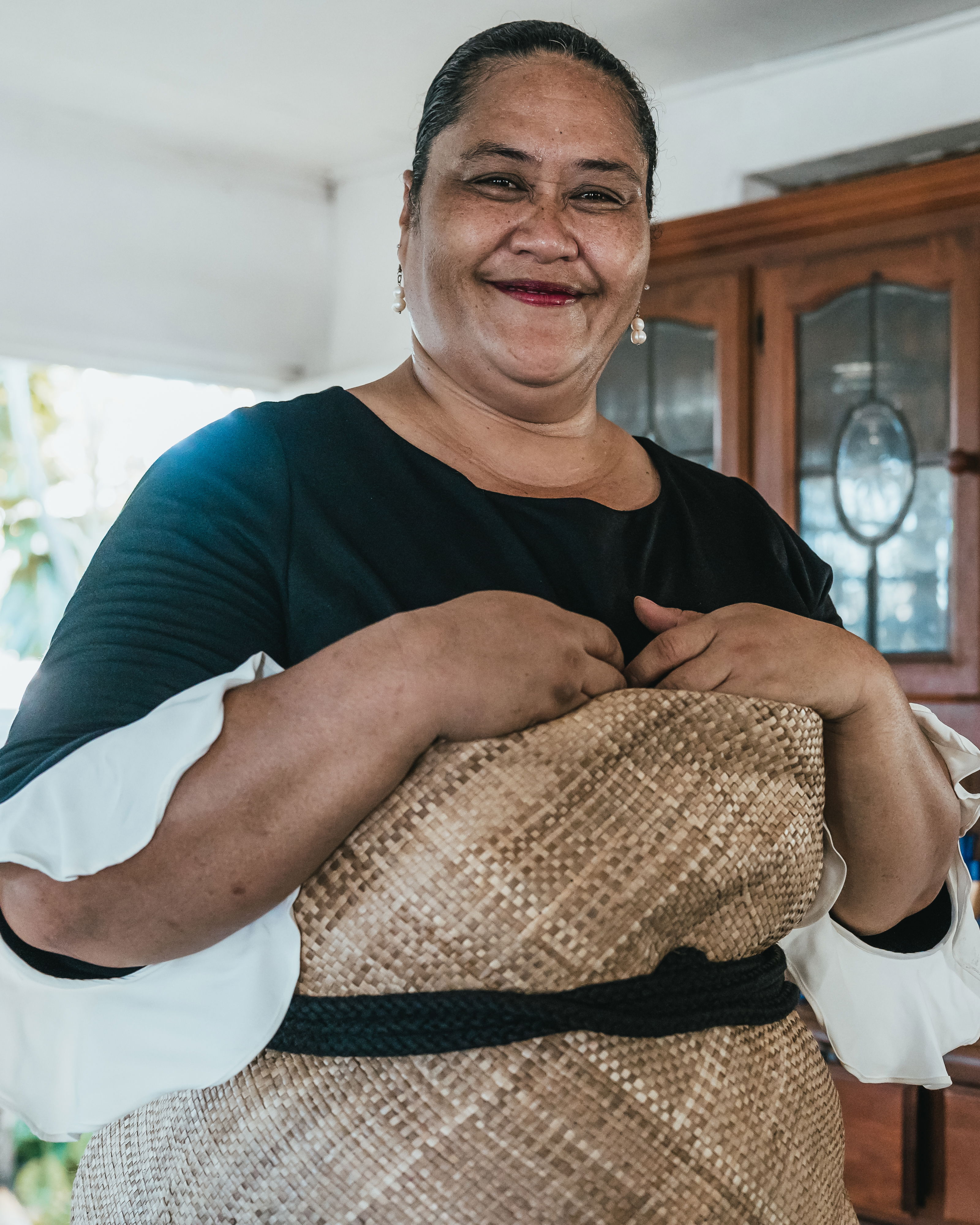
🎓 Human capital
Tonga’s most valuable asset is its people. With 61% of its population under 30 and strong investment in education (over 5.6% of GDP), the country boasts a highly literate, trainable, and bilingual workforce. Unemployment remains low (2.2% in 2023), and Tonga sends skilled workers abroad through regulated labor mobility schemes with Australia and New Zealand, enhancing local skills and remittance flows.
✈️ Connectivity & infrastructure
Despite its remote location, Tonga is well connected by both air and sea. Fuaʻamotu International Airport offers direct flights to New Zealand, Fiji, Australia, and Samoa, supported by five domestic airports linking outer islands.
The Port of Nukuʻalofa handles cruise ships and cargo traffic, with infrastructure for container storage and regional shipping.
Undersea fiber-optic cables ensure reliable broadband internet, supporting e-commerce, education, and business operations. Investments in renewable energy and climate-proof infrastructure are helping Tonga modernize sustainably.
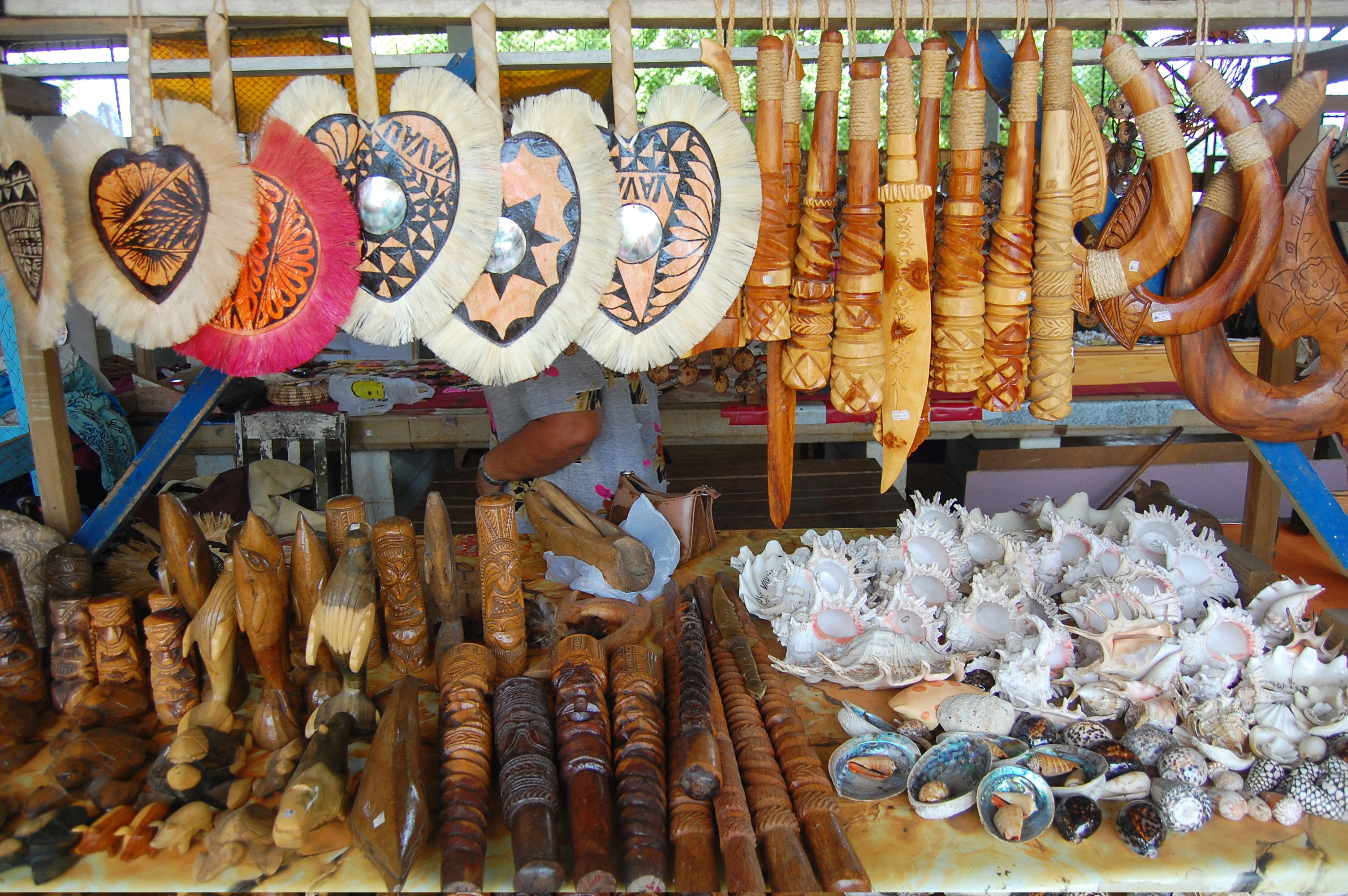
📌Quick facts
